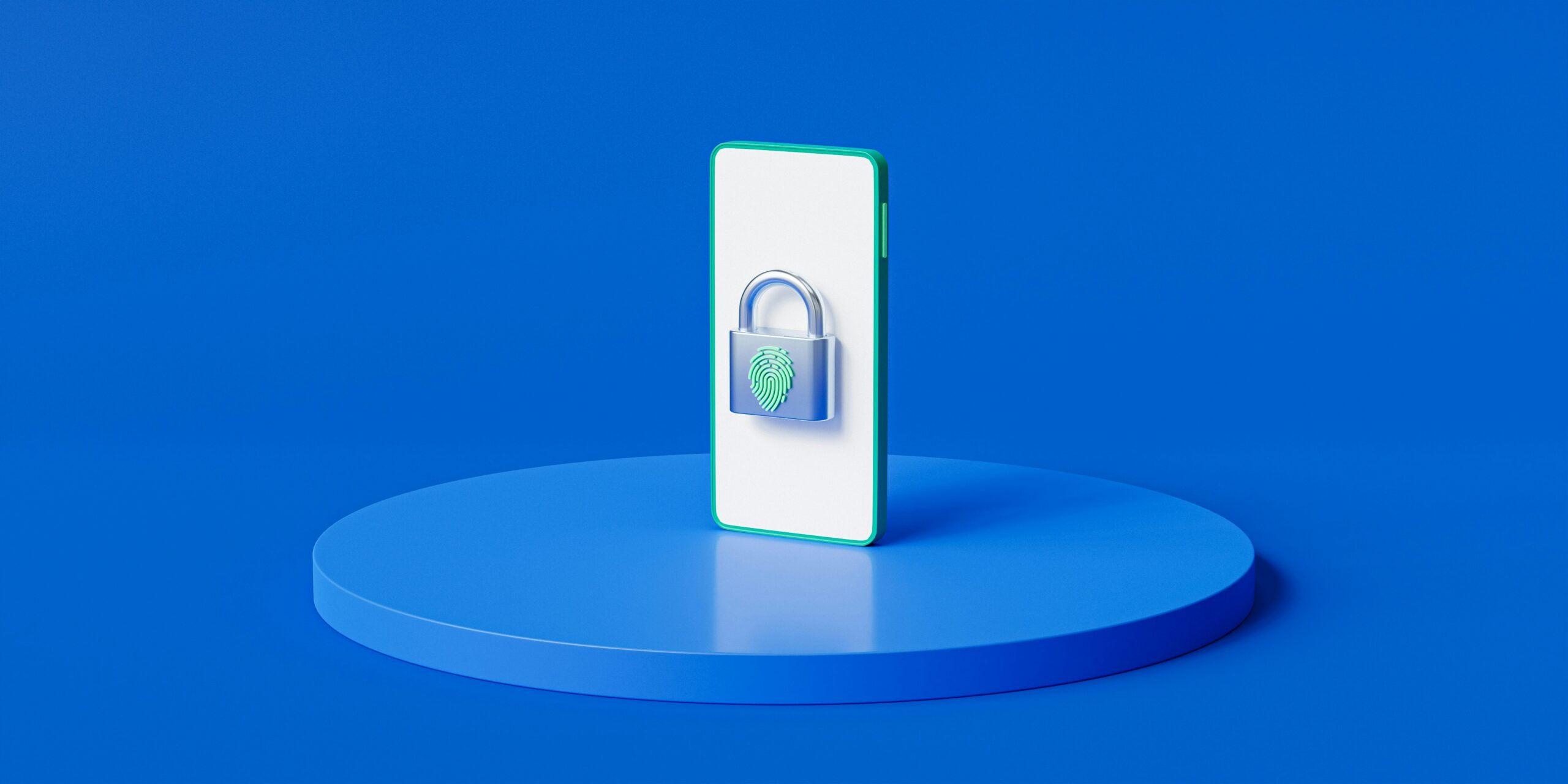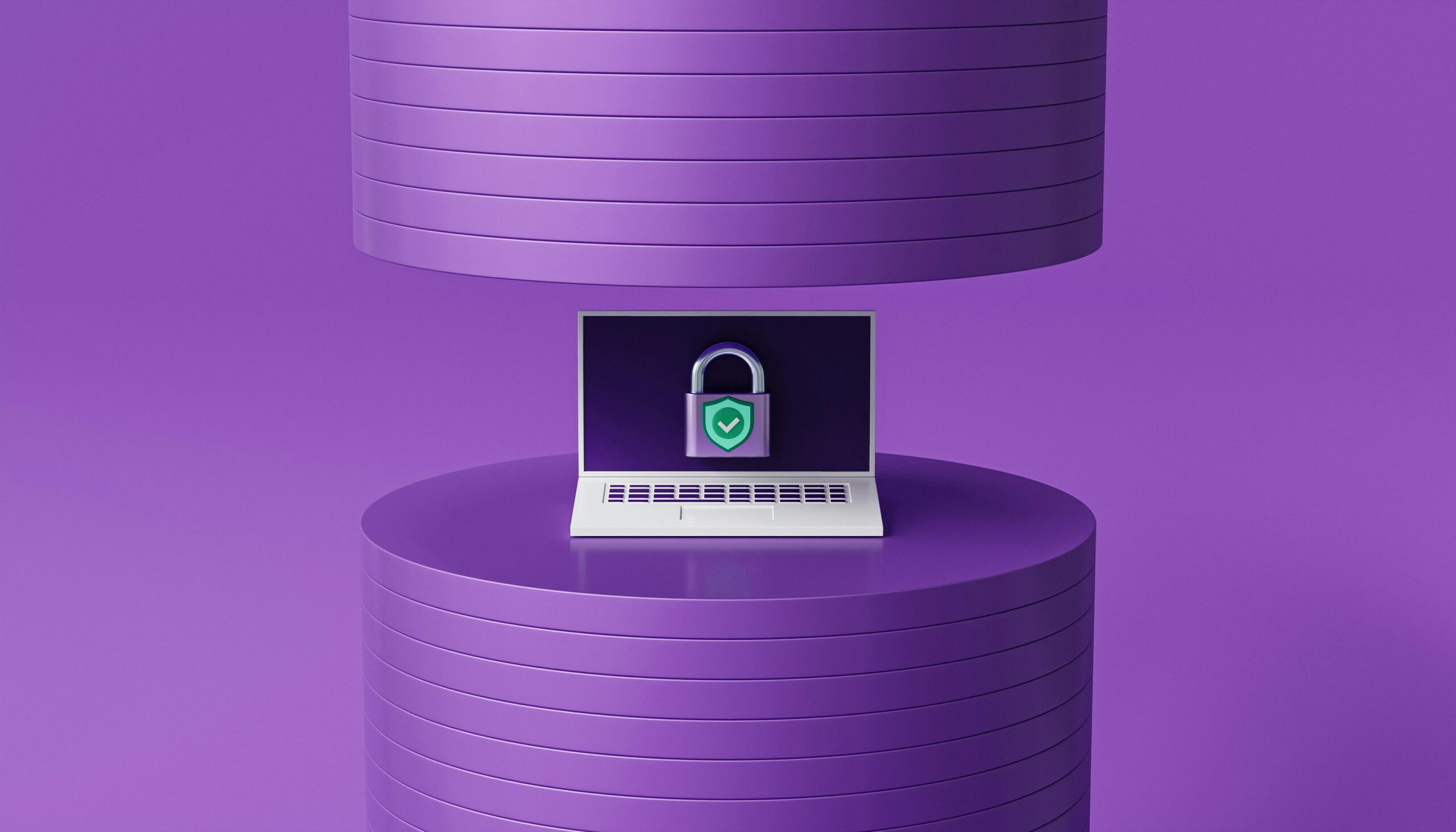Cyber security analysts are often the first and last line of defence against cyberattacks. They are the ones who have to deal with the technical implementation. They also train the broader workforce on the proper usage of systems and work through crises.
Unsplash+ In collaboration with Rodion Kutsaiev
Academic Qualifications
- Graduate training in IT or a field closely related to technology is standard. Most jobs have much on-the-job training, and cyber security is no different. Yet, the technical prerequisites are much higher for cyber security.
- It would help if you were well-versed in the core IT platforms that your employer is using, their weaknesses, and how to overcome them. Graduating from a top university will add to your attractiveness. It will also make it possible for you to apply to more reputable and, thus, higher-paying companies.
- Of specific degrees, IT and computer science-related fields would be the top preference. Some universities offer specific cyber, IT, informatics, and network security courses.
- Graduates with these degrees would have a leg up. Yet, the demand for cyber security professionals far outstrips the supply. This means graduates in other technical fields have a good chance of getting hired. These fields include science, mathematics, engineering, and even business.
Unsplash+ In collaboration with Shubham Dhage
Which Qualifications Are Needed to Become a Cyber Security Analyst?
Many cybersecurity-related certifications are well-recognised in the industry. They can be general or tailored towards a specific role that you are aiming for. Here are some examples:
- Certified in Risk and Information Systems Control (CRISC) is ideal for IT risk management professionals. It can also benefit control and assurance teams. CRISC is all about the impact of IT risks, from identification to mitigation and control.
- Certified Information Systems Auditor (CISA) – This is the route if your interests lie on the governance and audit sides.
- Certified Information Security Manager (CISM) is well suited for information security managers. It’s also good for IT leadership within a company. It adds a business flavour to IT security, creating an ideal blend of the two disciplines.
- The Certified Ethical Hacker Certification (CEH) is the right tool for organisations to use to protect against hackers. Certified ethical hacking is the right tool for organisations to use to protect against hackers. You are certified to detect and exploit vulnerabilities in target systems, such as malware. You will use your expertise to assess the security and effectiveness of organisations.
Certifications like these are a plus and boost your chances of being on a CV shortlist. All suitable certifications will have a formal exam at the end, which makes these certifications valuable.
Having one of these makes it easy for the company to shortlist you. They can be sure that you have mastered the basics taught in the respective course.
Another advantage of such certifications is the networking opportunity. Larger organisations often have local associations. They can help you network with other professionals in your field. This can only help your career.
A word of caution: not all certifications are beginner-friendly. Some are for professionals with at least a few years of experience who are just looking to transition to a more senior role. Thus, closely examine the curriculum before you decide to enrol. It should, however, give you enough ideas to start your search for the proper certification.
Unsplash+ In collaboration with Rodion Kutsaiev
Extra Education
Doing some extra courses on security-related topics would also be an excellent idea. These don’t have to be formal courses. They differ from standard certifications because you aren’t doing them for the added CV value. Rather, you take them to gain some extra knowledge about the field or to fill in any holes in your understanding of certain concepts.
- Platforms like Coursera and Udemy offer good courses created by industry professionals. You can access them at a quite affordable price.
- These might also be good for beginners, which is invalid with more complex formal certifications. You can complete them at your own pace and even use them to get a first look at cyber security.
- Such courses can also help you look at the various niches within the broader cybersecurity field and decide which interests you the most.
- Lastly, remember that these don’t have to be formal courses. Many well-written articles and YouTube videos cover these topics. Yet, these courses present the information well.
Unsplash+ In collaboration with Wesley Tingey
Work Experience/Internships
Employers expect applicants to show passion for or knowledge of cyber/information security. This is true even if they have experience. Generally, this is a prerequisite for the job.
Yet, there are graduate programmes and job placements for cybersecurity students and graduates. They don’t need prior experience.
You could consider a 12-month industrial placement in cybersecurity. You could also call organisations that use cybersecurity analysts. You could ask for an internship or shadow training in cybersecurity.
- Nothing adds more value to your CV than on-the-job experience. Even a year or two of experience can make you more attractive as a candidate. It shows the employer you understand how to practically use your theoretical knowledge. You have hit the ground running from day one.
- It becomes a catch-22 situation. You can find it hard to break in without experience. You can only get the experience if you break into the industry first.
- Internships come in here. Internships don’t pay well, or at all in some cases. You may end up doing grunt work. Yet, they are probably the easiest and most sure-fire way to get your foot in the door.
- If you are a student, your college or university can likely help you connect with industry resources to secure one, or you can do it independently. Many companies will be happy to have an extra hand to help at a minimal cost.
- Internships are also great for building up your CV. For example, it is much easier to get training at an outstanding firm than a full-time offer, and having that company’s brand on your CV can boost things.
- Finally, another great advantage of internships is that you may get a full-time offer from that firm if you are excellent.
Even if you don’t want to join that company, it is good to have an option that you can fall back on and continue to apply elsewhere with peace of mind.
Unsplash+ In collaboration with Rodion Kutsaiev
What Are Cyber Security Analyst Roles and Responsibilities?
Cyber Security analysts prepare to attack and respond to cyberattacks. It will vary by industry, but the basic idea remains the same.
The cybersecurity analyst is often the last line of defence against a cyberattack. Not just those who deal with technical implementation are responsible. Also, those who teach the workforce how to use systems and handle crises are responsible.
Thus, the skills required of experts are highly valued, as are the salaries.
Cyber security is all about protecting your company’s digital assets.
You can think of yourself as a cybercop. You can specialise in anything from risk management to forensics, network security, and consulting.
Here are some of the softcore skillsets required:
- Operating Systems. Cybersecurity analysts must be familiar with operating systems like Windows, Linux, and iOS.
- Analytical Skills. Cyber Security requires you to think analytically. You have to be methodical and thorough, and sometimes you feel like a machine. All digital devices follow rule-based algorithms. If you want to safeguard them, you have to clearly understand how those algorithms can break down when faced with external tampering. You also have to know how best to protect them.
- Communication and Presentation. These skills are essential, as you will not be working in a silo. You would coordinate with other internal and external teams, including business, finance, risk, and audit. Secondly, it is your job to highlight all the digital risks that the business faces. You must first translate technical concepts into a language top management understands. This will help them comprehend and appreciate the value of these concepts. Most business failures throughout history have happened due to ineffective communication.
- Project Management and Organisation Skills. Cybersecurity professionals’ jobs involve adding and restructuring organisations in chaotic environments. Using incompatible software can result in significant security issues. Needing more trained personnel can also result in significant security issues. Cybersecurity professionals need to be comfortable with big, single-task projects.
Unsplash+ In collaboration with Allison Saeng
- Installing and Operating Security Software. The management of security programmes is crucial to securing the workstation. As a security analyst, you could install system-wide security programmes. These would protect emails and passwords from malicious attacks on individual computers. You could also protect mobile phone networks. Using specialised software to protect your website from hackers and other threats is possible. A cybersecurity analyst must encrypt all data for anyone with access rights. A researcher shouldn’t use privileged information.
- Developing and Implementing Organisation-Wide Security Protocols. A cybersecurity analyst develops security protocols and the digital ecosystem. The current system administrator and networking jobs emphasise security and protection. Security affects everyone. No matter how non-technical the job is, all employees must understand security protocols. As an IT security analyst, your responsibility is to put these technologies in place.
- Performing Ethical Hacking. Hacker ethics are another way to gain security analyst expertise. The practice focuses on identifying and fixing security gaps. Hackers can leverage them on other actors rather than just stealing data. For people interested in solving security concerns, penetration testing is a fascinating job. You could use computer programmes to hack your system to determine how to fix it.
- Working With a Team to Locate Vulnerabilities. It’s crucial to discover the vulnerabilities and fix them immediately. Perform vulnerability assessments for organisational protection. It is essential to highlight the data and assets at risk and list the possible causes of an upcoming breach. Many teams work together to solve a security problem—IT and non-IT staff members.
- Security Breaches. As threats happen more often, cybersecurity analyst demand increases. According to Risk Based Security, 7.3 billion records exposed already represent 111% of the records released in 2018.
Cyber Security Analyst Job Description
Thus, the skill requirements for experts in the field are high, but so are the compensation and salary growth. If you haven’t already, check out the detailed job description page for cyber security. It also covers the career prospects and daily routine of cyber security professionals.
To learn more about a cybersecurity career, please visit our resources page or search for cyber security analyst roles here.
Job Seekers
On the hunt for your next role? Upload your CV below and we’ll be in touch to discuss your requirements.
Employers
For employers seeking the right skills and cultural fit for your business, send us your vacancy to find out more about how we can help.
Submit CV Send Us Your VacancySearch Jobs
Popular this week
- What Qualifications And Skills Are Needed To Be An Accountant?
- How Does Industry 4.0 Differ From The Previous Generation?
- Agile For Accountants: Six Steps To Provide Necessary Tools And Relevant Processes
- What Are The Main Differences Between ACA and ACCA?
- What Are The Top Five Financial Accounting Facts For #AccountantsDay





